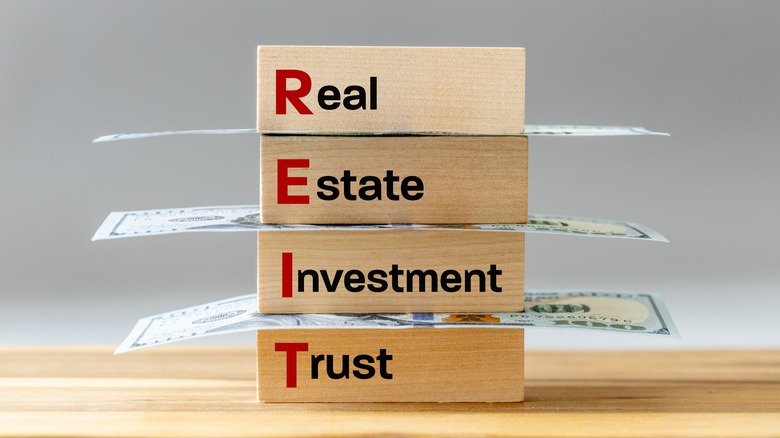Retirement Living: One Of The Best Side Hustles For Retirees To Make Extra Cash
Real estate can offer what many retirees are looking for — steady income and the chance to build value over time. "Getting involved in real estate in some way can be a great side gig for retirees," said Adam Hamilton, CEO of REI Hub, in a July 2025 interview with Kiplinger. This is supported by Federal Housing Finance Agency data — its House Price Index shows U.S. home values increased 2.8% between May 2024 and May 2025, demonstrating property's potential for both appreciation and rental income.
Plus, retirees can pick a real estate path that best fits their lifestyle. Some might choose to flip homes by buying outdated properties in order to renovate and sell within a year, while others might prefer a more hands-off approach like publicly traded REITs, and real estate crowdfunding platforms which can offer ways to invest in property without dealing with the hassle of repairs or tenants. You can even invest in real estate without buying yourself a home.
Renting out a spare room is also one of the easiest options. AARP's home-sharing guide, published in 2025, states that many older adults enjoy the extra income, and company, that can come from leasing unused space. If you do this, note that all rental income, per IRS 2024 Publication 527, must be reported on your tax return. Fortunately, many related expenses, such as repairs, insurance, and depreciation, are deductible — which can significantly lower your tax liability.
Flipping, rentals, and short-term stays
Flipping houses can bring the biggest gains, but only if the numbers add up. ATTOM's Q1 2025 Home Flipping report shows a median return of 25% before expenses. However, once repairs, loan payments, and taxes are factored in, experienced investors report that true profits typically fall between 5% and 15%. Meanwhile, long-term rentals can give steady income with less daily stress. Whether you're renting out a spare room or a small duplex, receiving a monthly rent check can help you with expenses. However, unless you choose to bring in a management company, you'll be the one getting late-night calls about leaks and repairs. Belong's July 2025 industry survey shows that full-service property managers charge about 8% to 12% of the monthly rent — the average is 8.49%, with extra fees for finding new tenants and renewing leases.
Short-term rentals can also bring in more money, especially in the right location. In 2025, AirDNA, via uplisting, reported that the average U.S. Airbnb host made about $44,235, which is a big jump from the $14,000 average Airbnb income projected for part-time hosts in 2023. Retirees living near beaches, college towns, or national parks can take advantage of demand week by week and still reserve time for their own family visits. At the same time, cleaning between guests, local taxes, and Airbnb's 3% fee all cut into profits.
Real estate investment trusts
Another side hustle for retirees is buying shares of publicly traded real estate investment trusts, or REITs. These are companies that own apartments, shopping centers, warehouses, and even cell towers. By law, REITs must pay out at least 90% of their taxable income to shareholders each year, which means regular payments — which can be a great way to boost your retirement income. Over the 25 years ending December 31, 2024, the main REIT index achieved an average annual return of 9.89%, outperforming the S&P 500's 7.7%, according to Nareit.
Investing in REITs can be a sign of a smart investor, and crowdfunding apps can make it even easier to get started. Fundrise, for example, lets retirees open an account with $10 and spread that money across hundreds of rental homes, warehouses, and apartment projects. Its main fund paid a 7.9% annual dividend in 2024, and delivered an 8.3% total return for the year, with payouts sent every quarter. Everything runs through the app meaning you do not personally have to deal with tenants or repairs — just updates and direct deposits as the investments grow. However Fundrise does charge a 1.85% management fee. You might also opt for Vanguard Real Estate ETF or VNQ, a publicly traded fund that you can buy or sell through anytime during the day. However, the dividends are taxed as regular income unless you hold the shares in a retirement account.


